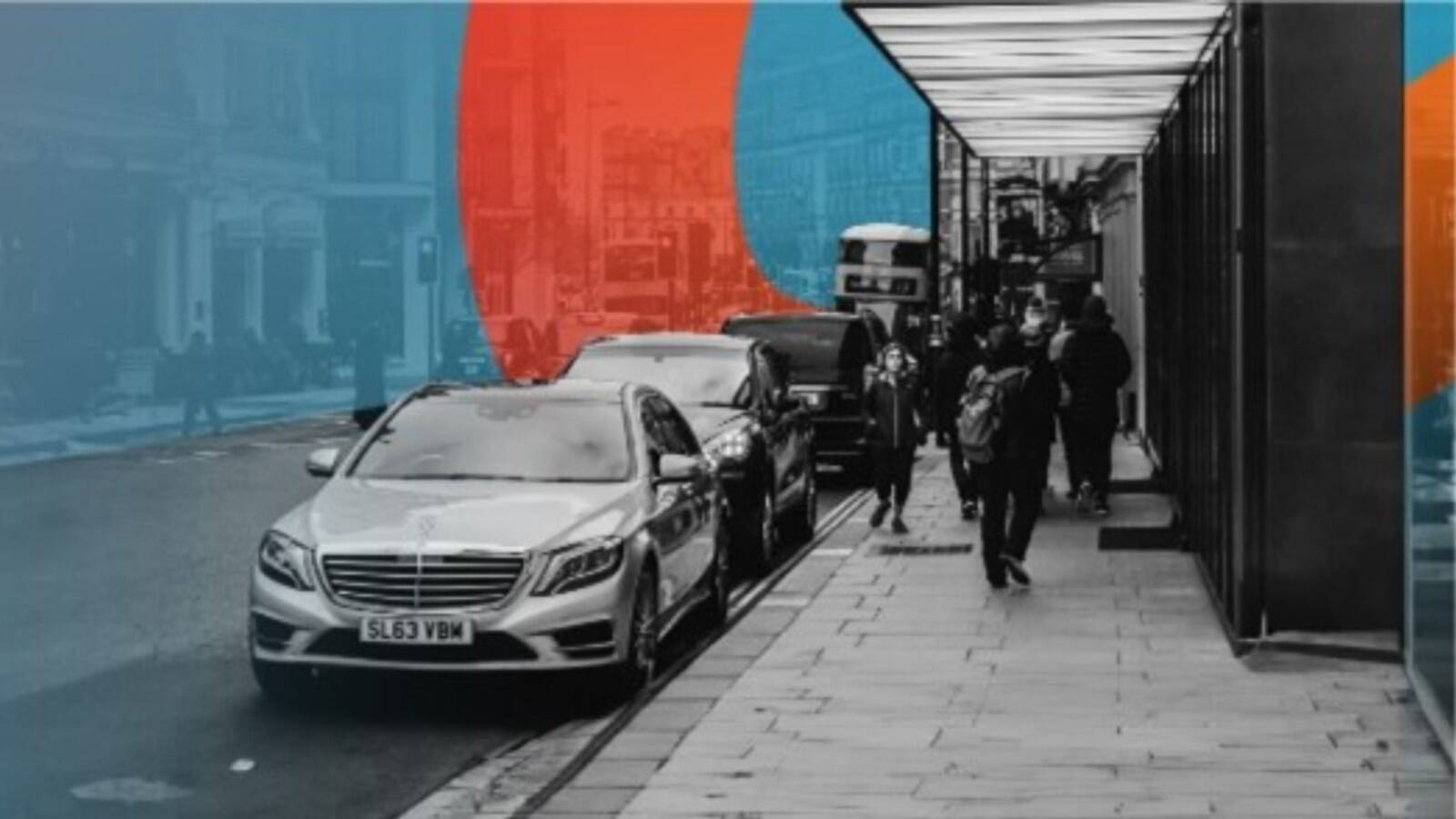
The impact of ULEZ on social workers
At the end of August, ULEZ was expanded to cover all London Boroughs. The initial introduction of ULEZ in 2019, was to focus on reducing air pollution in central London. To enter the ULEZ zone, cars that are non-compliant are charged £12.50 to enter the zone, with no exemptions for key workers. Compliant petrol cars must meet Euro 4 standards, while compliant diesel cars must meet Euro 6 standards.
The expansion of the ULEZ zone and the lack of exemptions for key workers is having a significant impact on social workers. With a key part of a social worker's role being home visits, these charges are unsustainable for social workers operating in London Boroughs.
Our findings
At Charles Hunter Associates, we surveyed our database of social workers, working in London, to find out their thoughts:
- 53% of those surveyed owned a car that was not compliant with ULEZ standards.
Of those 53%:
- Travelling into a London Borough happened daily for 25% and a few times a week for 63%.
- 100% said that their employer did not reimburse the daily charge.
- And 88% said they would consider changing employers and work outside the ULEZ zones due to the charges.
Over a third of those responses mentioned that taking public transport was unrealistic due to the additional hours that would be spent attending each visit. By taking public transport, social workers are becoming less efficient, while their caseloads continue to rise.
Of our respondents, over half owned a car that was non-compliant. This statistic shows that it is not a small proportion of social workers that are struggling with the expansion. Non-compliant cars are increasingly difficult to sell in areas around the ULEZ zone. This is leaving key workers with cars that are unaffordable to run, yet nearly impossible to sell.
ULEZ is affecting the quality of visits to those in need.
The frequency in which social workers are to attend visits is consistently increasing. Post-pandemic, 88% of social workers surveyed who had a non-compliant car, are having to travel into the ULEZ zone daily, or a few times a week. Due to the lack of reimbursement for these charges, it is becoming unfeasible to keep up the consistency of frequent visits.
A lack of visits or inefficiency of visits will only affect those who need social work services the most. While the need to reduce pollution in London is evident, an exemption of the ULEZ charge for key workers will make the quality of care better for those who need it.
With 88% of the owners of non-compliant cars saying they would consider working outside of London Boroughs, it makes one wonder what knock-on effects this will have on local authorities, not-for-profits and private companies in the sector operating in London. If half of their staff are unable to afford compliant cars, or the £12.50 it costs to complete visits, there will need to be a review of what can be done to help.
At Charles Hunter Associates, we are interested in all issues faced by social workers. If you would like to have your say on ULEZ’s impact on the social work profession, please fill out our survey here: https://www.surveymonkey.co.uk/r/swulezsurvey
Alternatively, if there is another topic you would like us to cover, please email mosullivan@charecruitment.com
